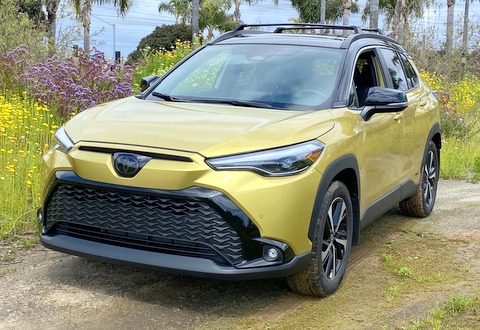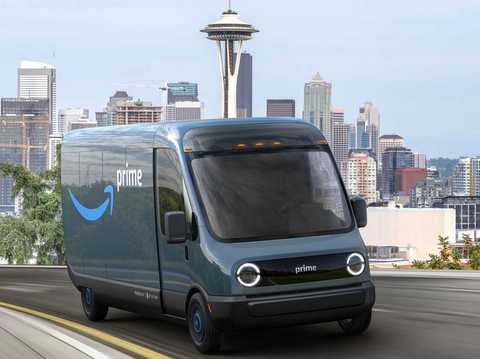Listen to the Silent Impact of EVs
Increasing the number of EVs on the road will ultimately decrease the auto industry’s environmental impact and greenhouse gas emissions. There isn’t too much to be contested there, those points are well known. What isn’t often discussed is the potential for EVs to reduce noise pollution.
With that in mind, here’s a closer look at EVs and their impact on noise pollution.
How Are Automakers Reducing Noise Pollution?
Reducing pollution starts with EV production. These cars boast zero GHG emissions because they don’t consume fossil fuels. Electric motors are much quieter because they don’t have the same processes as combustion engines. Additionally, EVs don’t have traditional exhaust and gear systems that generate noise.

Conversely, gas-powered cars generate noise through vibrations and other engine mechanisms when operating. The significant concentration of combustion engines in cities can lead to health issues for humans and wildlife. For instance, the EPA links noise pollution to hearing loss, high blood pressure and other concerns.
While passenger vehicles are great starts, reducing noise pollution must be holistic to impact a community significantly. Companies have electrified their fleets, deploying battery-powered vans, trucks and other service vehicles. Transportation departments are also experimenting with electric buses to reduce emissions in public transit.
What Are the Impacts of Quieter Vehicles?
Decreasing air and noise pollution is integral to communities because it improves human health. People can live better lives when the roads are quieter and cleaner. Research has shown EV adoption positively benefits the body, regardless of someone’s location. A 2024 University of Houston study found EVs reduced mortality rates and improved air quality in New York and other large metro areas.
Quieter vehicles and reduced noise pollution have generally produced positive outcomes. However, automakers have adjusted EVs because some machines are too quiet. If an EV is nearly silent, pedestrians may have trouble hearing it come down the road. In response, manufacturers have amplified EV sounds to warn people of the car’s presence.
What Other Benefits Do EVs Bring?
Reduced noise and air pollution are excellent public health outcomes. However, EVs offer more benefits that are driving the automotive industry forward. Financial advantages have become significant for fleet owners, as experts say electrification can reduce maintenance costs by 50% or more. EVs have fewer moving parts, meaning there is a lesser chance of malfunctioning.

EVs also bring financial incentives through the federal tax credit. The Internal Revenue Service (IRS) says an EV can get a credit of up to $7,500 when consumers select a qualifying car. The manufacturer must complete the vehicle’s assembly in the U.S., among other criteria, to qualify for the incentive.
Another benefit of EVs is the power under the hood. While some focus on horsepower, electric cars are advantageous because of their instant torque. Gas-powered machines must build speed to gain torque, but EVs immediately deliver it. Fleet owners benefit from increased torque when hauling heavy loads or driving on inclines.
Reducing Pollution in Multiple Ways
The automotive industry’s environmental impact means it must move toward renewable energy sources for a more sustainable future. EVs have led the way by decreasing emissions, though it’s not the only way to improve lives. Research has demonstrated EV adoption has reduced noise pollution and positively impacted public health.

Considering that tire noise is a large contributor to vehicle noise, and EV’s still have tires, I believe that the impact of EV’s on overall noise level reduction will be “in the noise”. Perhaps residential street noise will be reduced, but higher speed road noise will likely not change much.
@Bucky,
You make a good point as modern cars, especially premium ones, have gotten quieter in recent years. Some of the noise reduction is for the driver and passengers inside the EV. Check one back-t0-back with an ICE and I think you’ll be surprised. Or take a PHEV for a long spin and check the noise level change when the engine kicks when the battery gives out. It is very noticeable. But thanks for the comment. –ed.